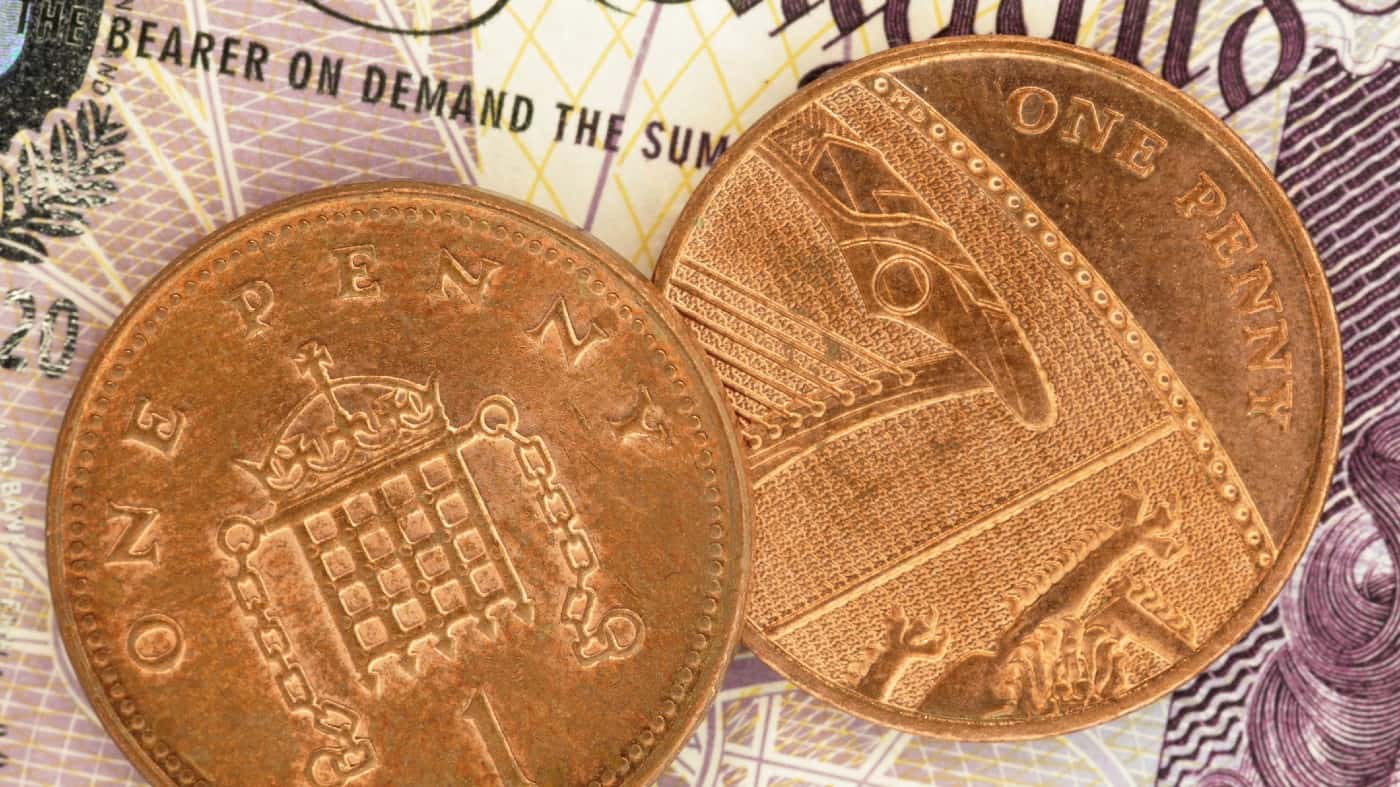Every time I run my slide rule over the Naked Wines (LSE: WINE) business, I feel it has brilliant potential. Yet its shares have lost three quarters of their value over the past year. If I had invested £1,000 five years ago, my stake would now be worth less than £220.
With the shares now selling for pennies each, are they the sort of bargain I ought to stash in my portfolio today hoping they have great ageing potential for a buy-and-hold investor like me?
Brilliant potential
The reason I like the Naked Wines business model is that it is simple but powerful.
Wine has a huge target market, much of it well-heeled. But many shoppers feel they lack knowledge about what wines to buy. Lugging plonk home from the shops is not everyone’s idea of a fun Saturday afternoon.
By getting to know customers’ tastes, a company like Naked Wines can offer them wines they like at a price it knows they can afford. As this relationship develops, customer loyalty grows. That can help give the retailer pricing power. A unique selection of wines, convenient delivery and deep customer understanding can give the firm a strong competitive advantage.
Not only that, Naked Wines can also cut out at least one of the middlemen. Instead of a wholesaler and retailer both taking a cut, the direct-to-consumer model means Naked Wines can use the whole difference between vineyard gate cost and selling price to fund its business. That could support profits, or reinvestment for growth.
Struggling to uncork the potential
Despite the compelling nose on this business model, I wonder how much body it has. Sales and profits have fallen since 2018. On its own, that does not concern me. Part of the key to profitability in a model like the retailer’s is whittling down the customer base and focussing on the ones that make money for you. Last year, sales grew 3% to £350m. I think that is a respectable level.
What concerns me is profitability. Post-tax profits last year came in at £2m. That means last year’s net profit margin was a razor-thin 0.7%. That sort of profit margin could be knocked out entirely by an increase in the cost of glass bottles or shipping.
Even that meagre profit was the first one for four years.
Are Naked Wines shares a bargain?
With multiyear customer relationships designed to become more profitable once the initial marketing costs are covered, it could be that Naked Wines sees profitability soar in coming years. It has emphasised that a new strategy that reduces spend on customer acquisition should “deliver profitability at a sustainable level”.
The company had £23m of net cash at the end of its first half in September, compared to a current market capitalisation of just £71m. The chairman, chief executive and chief financial officer all purchased Naked Wines shares in December for slightly more than the current market price.
I think there is the sort of potential reward here that could have me popping corks one day. But I also see large risks. Simply put, the company has not concretely proven that it can consistently make large profits. So, for now, I will not be buying Naked Wines shares.







